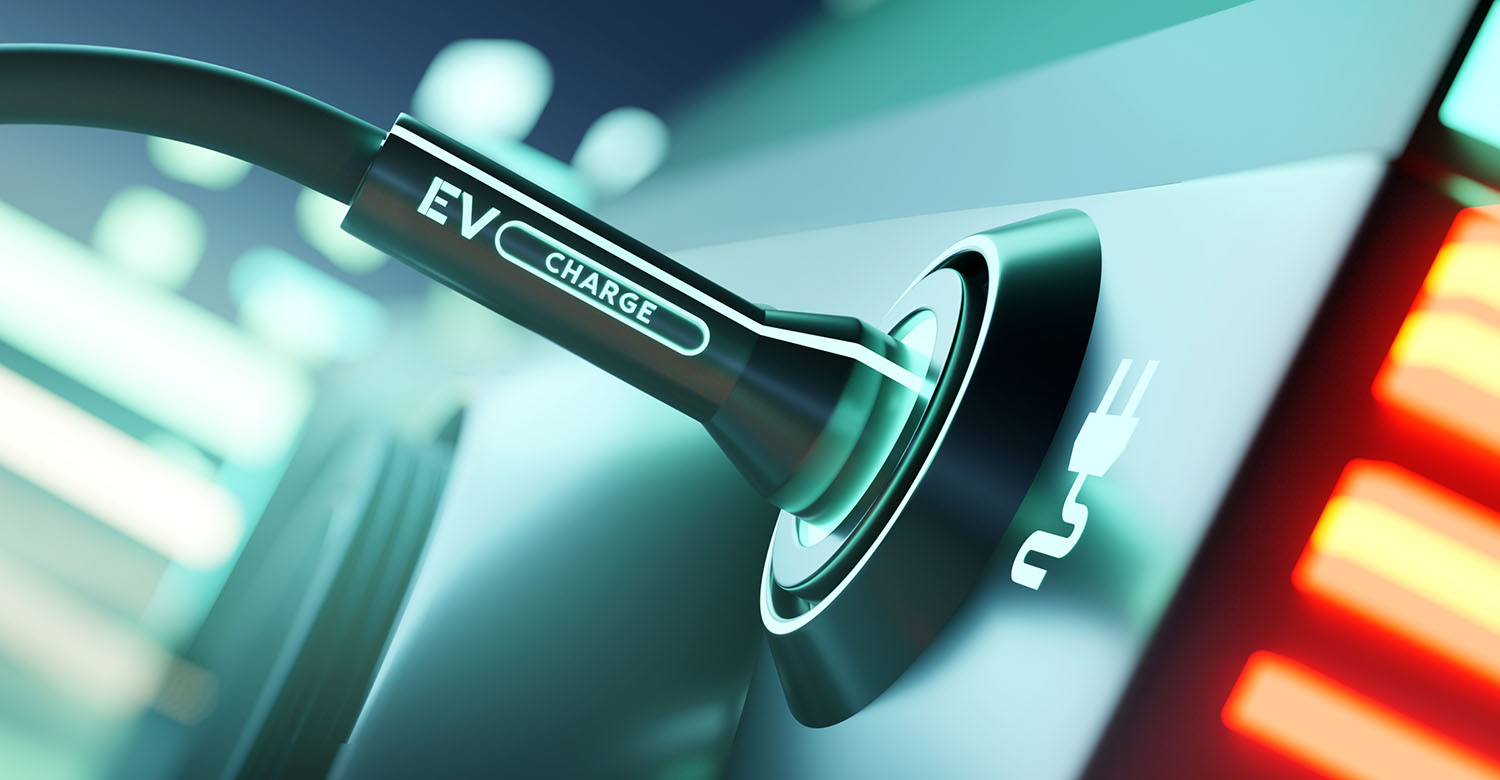S h a r e
EV Glossary and Key Terms


Posted by
The EV Team
March 2022
The electric vehicle market effectively comes with its own language.
It’s something similar to that associated with engines, but whereas we’ve grown up with terms such as RPM or MPG, EV terminology is much less familiar to many. We explain the key phrases.
- kWh
- kW
- Connector
- CCS
- CHAdeMO
- Commando
- Battery Electric Vehicle (BEV)
- Hybrid Electric Vehicle (HEV)
- Plug-in Hybrid Electric Vehicle (PHEV)
- Mild Electric Vehicle (MEV)
- Fuel Cell Electric Vehicle (FCEV)
- Regenerative Braking
- Cost to Charge
- ICEd
- Volt and Bolt
kWh: kilowatt hour: Used to measure the vehicle’s battery capacity – effectively an EV’s version of fuel tank size. The greater the number, the longer the range: a 40 kWh EV is likely to cover around half the distance on a single charge than an 80 kWh EV (model and battery weight dependent).
kW (kilowatt): A unit of power, kW is used for both electric motor and charge point output, so make sure you are aware of the context. A 100 kW electric motor is equivalent to a 136 hp engine, and in fact, engines are often quoted in kW for power output as well as the more traditional horsepower. Charge points see ratings in kW, showing the theoretical maximum power it can deliver in one hour. A 7 kW charger can therefore add 7 kW of charge to an EV in one hour, so it would take around 10 hours for a full charge for a car with a 70 kWh battery.
Connector: A connector is the plug used to connect the EV to a charge point. There are a few standardised systems across EVs and charge points, with differences seen in AC (alternating current) and DC (direct current). DC charging is the fastest way to top up a battery, and will often use a CCS connector, plugged into the matching inlet/socket.
CCS: When it comes to connectors, CCS is the European standard. Most rapid DC charge points offer the choice of either standard with tethered cables. AC charging takes longer to recharge the car but is easier and cheaper to install chargers at home, work, and in locations such as public car parks. Most have a socket in which the user plugs their own cable in, which allows them to easily use the Type 2 or Type 1 system that matches their car. Most public chargers are untethered (cable required) Type 2 units, but some have the cable attached, so must match the car parked to be able to charge. CCS sockets combine a Type 2 and additional section for rapid DC charging
CHAdeMo: Some Japanese models retain the nation’s CHAdeMO connector standard. An abbreviation of “CHArge de MOve”, these sockets are stand-alone, and are typically found alongside a Type 1 or Type 2 socket on the vehicle.
Commando: Commando connectors are often found at industrial units and campsites and are designed as a multi-purpose charge point. As such they are rarely used in the UK to charge electric vehicles.
Battery Electric Vehicle (BEV): A pure electric vehicle with no internal combustion engine. The range vehicles can cover is defined by battery size and energy efficiency but can vary from 100 to more than 400 miles depending on battery size and vehicle cost. Because of the size of the batteries, you need to consider how long charging will take using different facilities, such as home charging to public fast chargers.
Hybrid Electric Vehicle (HEV): A vehicle with an internal combustion engine and an electric motor powered by a small battery. It cannot be plugged in to recharge the battery and instead gets its energy from the engine, or regenerative braking. Hybrids typically have an electric-only range of 1 – 10 miles. Manufacturers, such as Lexus, refer to their range of Hybrid Electric Vehicles as Self Charging Hybrids.
Plug-in Hybrid Electric Vehicle (PHEV): A vehicle with an internal combustion engine and an electric motor, powered by batteries. A PHEV can be plugged into a chargepoint to charge the battery. As a result, the electric-only range can be as high as 60 miles. PHEVs can utilise the same charge points as battery electric vehicles, however, some models may charge much more slowly than a pure electric car.
Mild Electric Vehicle (MEV): A petrol or diesel car that receives occasional assistance from a small battery and electric motor to reduce engine load during acceleration or cruising. This provides small improvements in economy. It cannot be plugged in or travel on battery power alone.
Fuel Cell Electric Vehicle (FCEV): Sometimes referred to as a hydrogen-powered car, an FCEV is a pure electric vehicle, but energy is generated on-board by a fuel cell that manages a reaction between hydrogen and air to create electricity, with the only waste product being water.
Regenerative braking: Electric vehicles can invert the motor when braking, using it to help slow the car down – like engine braking with a petrol or diesel unit. The benefit is that by doing this, the motor charges the battery a little, extending the range of the car, and capturing some of the energy that would otherwise be wasted under braking. This can happen when lifting off the throttle, pressing the brake, or driving downhill.
Cost to charge: The cost to recharge the EV’s battery is similar to the price of a tank of fuel. The larger the battery, the longer the range. But it will also take longer to charge and cost more for a full top-up. Prices can vary greatly on the road, with home or workplace charging typically around 16p/kWh or less, public AC charging around 20- 25p/kWh, and public DC charging around 40p/kWh – faster charging comes at a premium.
Multiply the vehicle’s battery by the pence per kWh to determine the cost to charge. For example, an EV with a 50 kWh battery will cost £10 for a complete 0-100% charge on a 20p/kWh public charge point. It’s worth remembering that most of the time, a full charge isn’t required, just as drivers very rarely fill a fuel tank to the brim from almost empty.
ICEd: When a charge point is blocked by a non-electric car, the term developed by EV drivers is ICEd – Internal Combustion Engined. It has broadened to indicate that a space is taken up by a non-charging vehicle.
Volt and bolt: The EV equivalent of a petrol or diesel car’s splash and dash – a quick charge from an ultra-rapid charger to provide a swift battery top-up.
Found this article informative? Learn more about electric vehicles and fleet electrification on our dedicated EV Hub.

